Our People
Our Board and Executive Leadership provide strategic and operational oversight of the company and ensure this is aligned with our vision and values.
Our Board
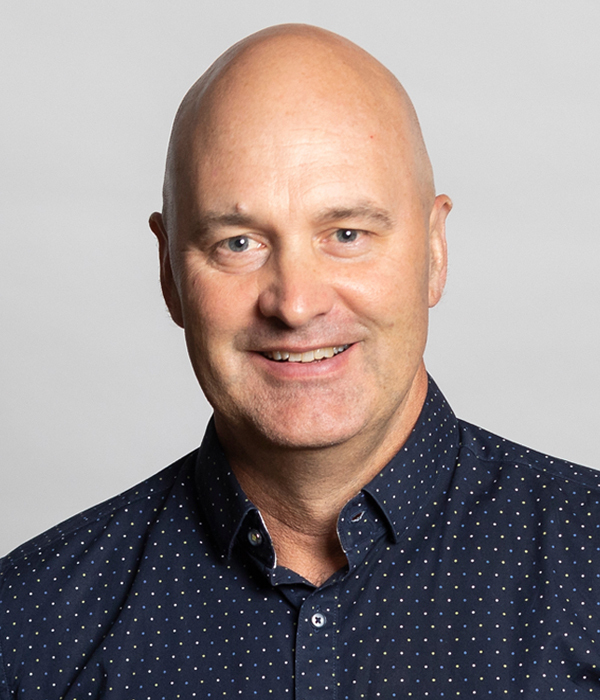
Dr Matt Francey
Group CEO
Matt is a prominent figure in urban water and natural resource management. As the CEO of Alluvium Group and a Director of EcoFutures, Alluvium International, Mosaic Insights and Natural Capital & Climate. Matt brings extensive experience from a government, scientific and community perspective to leading the Alluvium Group.<br> <br>Under Matt's leadership, the Alluvium Group has become a thought leader in the industry. His innovative approach to policy development and management has significantly advanced environmental practices. Matt's commitment to integrating scientific research with practical solutions, including the development of Alluviums internal research program and NfP foundation has enabled the Alluvium Group to deliver impactful projects that address critical environmental challenges.<br> <br>Matt's vision for the Alluvium Group focuses on collaboration and innovation. He believes in harnessing the collective expertise of scientists, economists, engineers, and natural resource managers to develop solutions that benefit both the environment and the community. This collaborative ethos is reflected in the Alluvium Group's diverse team and their multidisciplinary approach to project delivery.<br> <br>As a leading thinker in the field, Matt continues to drive the Alluvium Group's principles and vision. His dedication to excellence and his ability to inspire and lead his team have made the Alluvium Group a trusted partner for clients and the wider industry seeking innovative and effective environmental solutions.
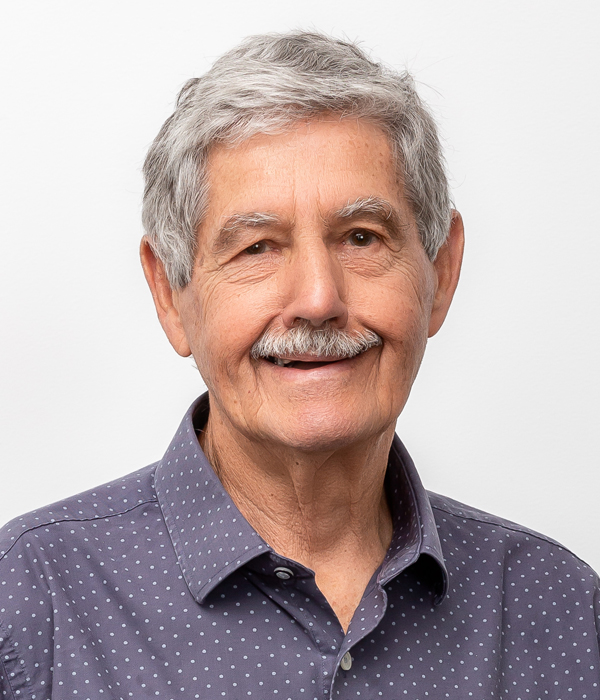
Professor Barry Hart
Director
Barry is a recognised leader in the science of catchment and water resource management, and well known for his efforts in developing knowledge-based decision-making processes in natural resource management throughout Australia and South-East Asia.<br><br>Barry brings to Alluvium a strong academic background. He was appointed an Emeritus Professor by Monash University and previously was Director of the Monash University Water Studies Centre and Research Director of the CRC for Freshwater Ecology.<br><br>Barry was a member of the Murray-Darling Basin Authority Board for 9 years (2009-2018) and, amongst many other past appointments, has had leadership roles on the Commonwealth Environmental Water Scientific Advisory Panel, the Great Barrier Reef Water Quality Partnership Science Advisory Panel and the Gippsland Lakes and Catchment Task Force. In 2003, Barry received a Centenary Medal for services to water quality management and environmental protection. He was also made a Member of the Order of Australia (AM) in June 2012.<br><br>Barry plays a key role on the Board and in our business through mentoring staff and helping us to deliver the best possible science in our work.
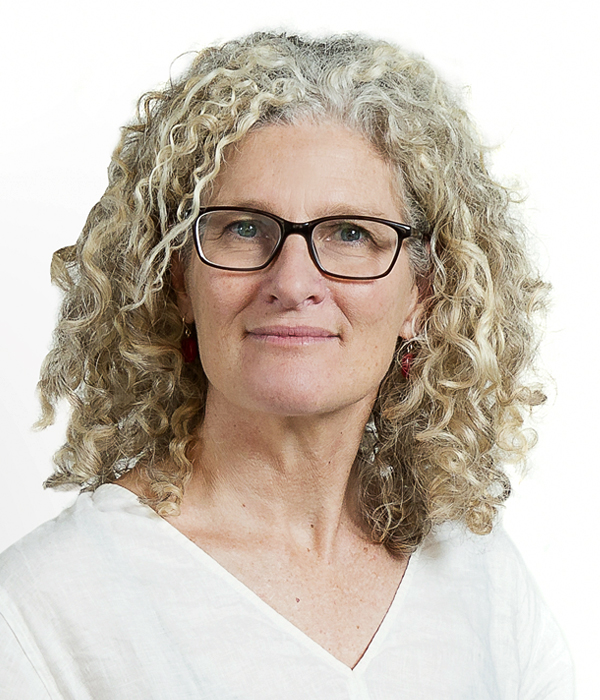
Jan Orton
General Manager – Mosaic Insights
Jan is the General Manager of Mosaic Insights, she is a well-respected and recognised champion, leader and strategist for liveability, sustainability and natural resource management.<br><br>Over her 30 year career in local government and consulting, Jan has worked alongside communities, elected representatives, state and federal government agencies, researchers and private interests on urban greening including open space and recreation, urban forestry, canopy analysis, and adaptation and resilience; water and catchments, public domain design and management, market research, evaluation, community led resilience planning. institutional capacity and evaluation, policy and strategy, and developing the evidence base for science-led decision making.<br><br>Jan has led change in numerous areas of sustainability and land management and been recognised through many awards. In 2008 Jan was named the public sector manager of the year by the Institute of Public Administration Australia for her leadership and impact in applying research around integrated urban water management to the local government sector. <br><br>Jan has extensive experience in engaging communities and other stakeholders in public land / public interest plans. Jan has expanded the craft of collaborative planning across recreation, rivers, open space, infrastructure and services. Her strengths lay in using available evidence from a wide range of sources, sectors and experiences bringing together diverse groups, interests and disciplines to address what are often complex NRM and urban management issues. <br><br>Jan has held senior management positions in local government and in consulting, she has managed and led large and diverse teams across environment and sustainability, parks and recreation, waste and recycling, works and infrastructure. <br><br>Jan has completed the Australian Institute of Company Directors course which has expended her knowledge and application of best practice governance and reinforced the importance of stakeholders’ involvement in good decision making.
Management
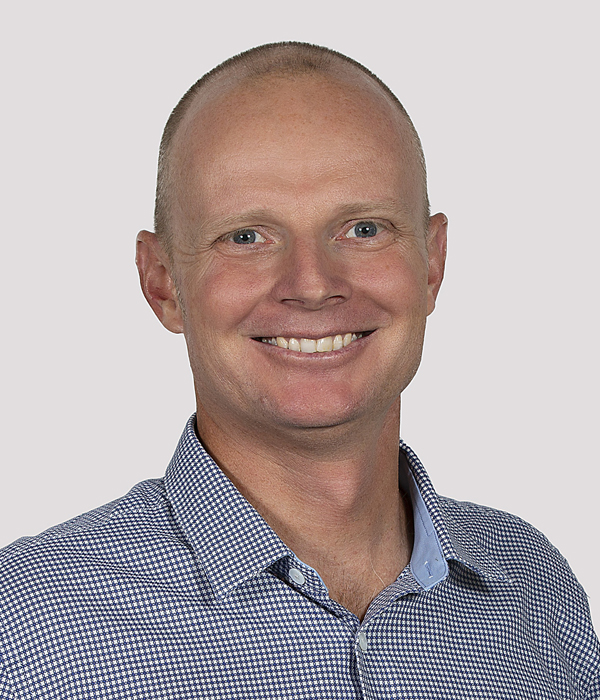
Dr Paul Maxwell
General Manager – EcoFutures
Paul is a coastal ecologist and natural resource management specialist with 20 years experience working for state government, universities and not-for-profit organisations. He has had extensive experience in developing and implementing environmental, social and economic monitoring and research programs across Australia for local councils, natural resource management organisations and water utilities. He is an experienced project manager in the fields of coastal habitat management and assessment; water quality and river health management; water resource management; monitoring and evaluation; science translation and communication and stakeholder and community engagement.<br><br>Paul is the Research and Development lead for Alluvium. Throughout his career he has focused on developing better links between the best science and practitioners and has maintained an active research profile by partnering with university and industry researchers nationally and internationally. He has been involved in a diverse range of research projects which has led to extensive publications in top-tier journals in the fields of environmental management, ecological resilience, biodiversity conservation, environmental chemistry and marine and freshwater ecology. His research and monitoring outputs have directly influenced state and local government policies.
Our Team
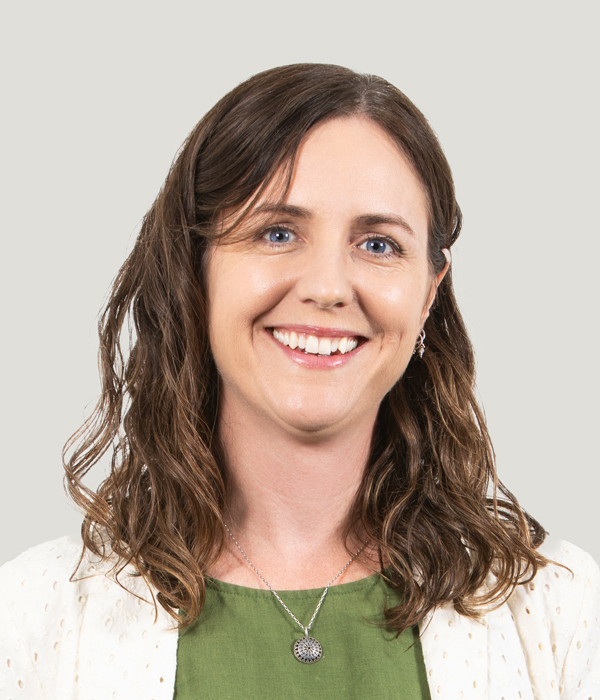
Dr Emily Saeck
Emily is an aquatic ecologist and science engagement specialist with over 20 years’ experience across universities and not-for-profit organisations. She has led and managed projects in water quality, catchment health, science communication, and stakeholder engagement across academic, government, and industry sectors. She is recognised for her ability to translate science into action, with extensive experience in coordinating multidisciplinary projects that unite diverse experts and partners to design effective, evidence-based solutions. Her collaborations span coastal ecology, social science, economics, modelling, and conservation.<br> <br>Based in South East Queensland, Emily has worked extensively across the region’s catchments, including five years as lead coordinator for the flagship Ecosystem Health Monitoring Program (EHMP) and Report Card. She also holds an adjunct research fellowship with the Australian Rivers Institute at Griffith University, where her PhD explored the influence of extreme climatic events on phytoplankton productivity in Moreton Bay.<br><br>At EcoFutures, Emily has successfully led and delivered a number of projects, including the Moreton Bay blueprint, the blue carbon assessment of the South Pacific, and the Freshwater Creek fish passage remediation. She has also participated in our Research and Insights program, leading a meta-analysis on habitat connectivity studies for various fauna groups in urban environments.
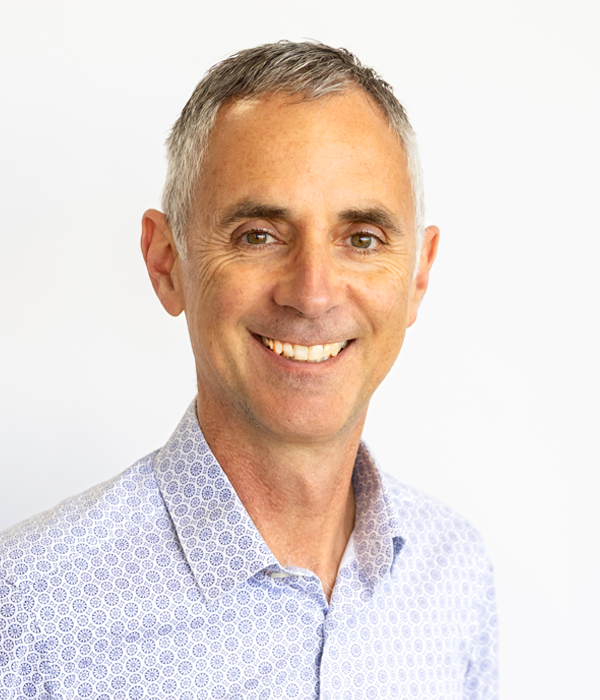
Dr Andrew Sharpe
Andrew is an aquatic ecologist with over 30 years of experience spanning academia, government, and environmental consulting. He specialises in freshwater ecology, with a strong focus on landscape-scale environmental issues and the integration of science into practical water management.<br><br>Andrew has led numerous monitoring and research programs, with particular expertise in environmental water management, project design, and ecological assessment. His work bridges hydrology, geomorphology, and the ecological needs of freshwater species.<br><br>Over his career, he has contributed to more than 200 consulting projects, published in peer-reviewed journals, and held leadership roles in major water management programs, including at the Victorian Environmental Water Holder.
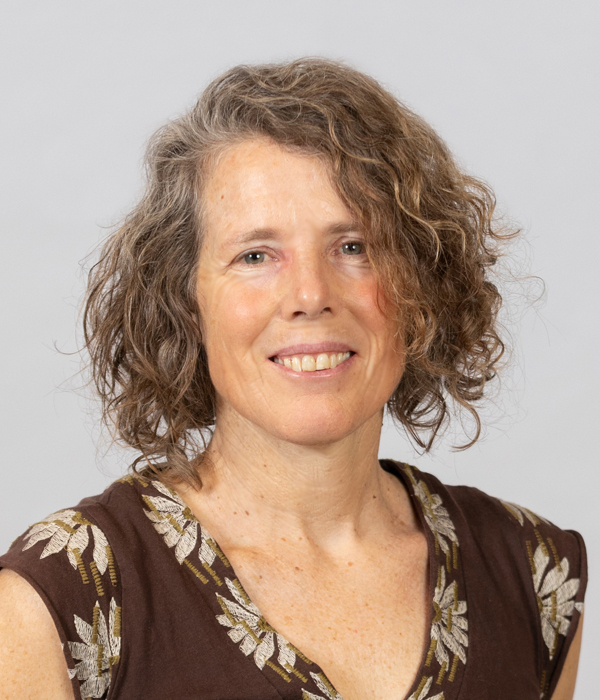
Abigail Watkins
Abigail (Abby) Watkins is an Ecologist with ten years of field, research and project management experience in Australia and Canada. Abby applies a creative and inclusive approach to the sticky and difficult aspects of complex problems so common in today’s complex environmental setting. She combines her broad ecological knowledge and practical experience with organisation and people skills to bring projects to fruition. She strives to build the foundation of projects on First Nations involvement, knowledge and perspective to deepen the impact of project outcomes and contribute to Reconciliation.<br><br>Surveying birds by ear in the wilds of Canada and holding pygmy possums in her hand in Australia has deepened her affinity with and understanding of our connection to nature. Abigail has developed, progressed and managed large environmental projects for NRM agencies working with Threatened Species Recovery Teams to meet recovery objectives through a research-based, adaptive management approach. She has conducted, supported and contributed to ecological survey and research, building research into projects to fill knowledge gaps and ensure better outcomes for all. She has worked collaboratively with a variety of clients to develop biodiversity frameworks, strategies, management plans and conservation action plans that meet the bespoke needs of each project.<br><br>When faced with project challenges, she's never content to just deliver, she always strives to alter a project approach if she thinks there's a better path to meet the objectives of the project. As a result, her project guidance delivers sound environmental outcomes that are both feasible and based on best practice and the best available science.

Ying Quek
Ying is an environmental scientist who has over 8 years of experience working in spatial and data visualisation, ecohydrology, environmental flow assessments, and biodiversity strategies. She is a keen collaborator who enjoys working with clients, stakeholders and multi-disciplinary technical experts, bringing them along the journey to a common vision and producing high quality, evidence-based technical work. With a background in ecology and hydrology, Ying is particularly interested in the complex nature and ever-changing knowledge of these two disciplines in both local and catchment scales.<br><br>Ying is a core team member at EcoFutures who manages a diverse range of projects from vegetation management, biodiversity strategies, spatial ecology and environmental flow assessments. Her projects enable her to regularly collaborate with other sister companies including Alluvium and Mosaic Insights. She loves bringing different perspectives into her projects to ensure she brings pragmatic approaches to environmental management and achieves optimal ecological outcomes.<br><br>Ying has technical expertise in Geographical Information Systems (GIS) and she is familiar with geoprocessing and analytical tools to manage, process and wrangle environmental datasets for conservation planning, option assessment and feasibility studies. She previously led data and spatial analysis of several high-profile projects for NRM Regions Queensland, Melbourne Water, City of Moreton Bay and several other councils and water utilities. She believes scientific-backed evidence is key to making sound decisions in natural resource management and it requires rigorous data analysis wrangling and visualisation skills to translate complex information into tangible communication pieces.
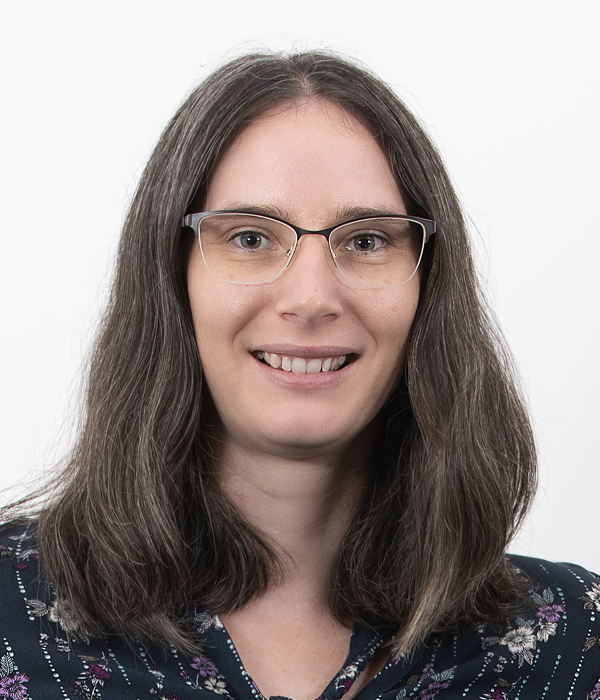
Dr Susan Nuske
Susan is an ecologist with over 10 years of experience in a range of research and consulting projects. Susan has worked on several interdisciplinary projects interfacing between management, conservation and research allowing her to gain broad ecological knowledge. Her experience includes mine native ecosystem rehabilitation, invasive species, endangered mammals, beneficial fungi and plant-soil interactions. Susan’s broad ecological skills both in the field and behind the computer allow her to know when theoretical strategies can become on-the-ground practical solutions. Susan particularly enjoys working in interdisciplinary teams that utilise varied skills effectively to tackle complex problems. Susan continually works on expanding her own knowledge and skill set. Susan is experienced in the dissemination of technical information for a variety of audiences including media, stakeholders and specific interest groups. Her high-quality writing and communication skills can be seen in the publication of peer-reviewed scientific articles and well-received client reports. Susan is passionate about conservation and effective environmental management that implements cutting-edge science. Her interests include mycology, botany and zoology and applying wholistic approaches to conservation and ecological solutions.
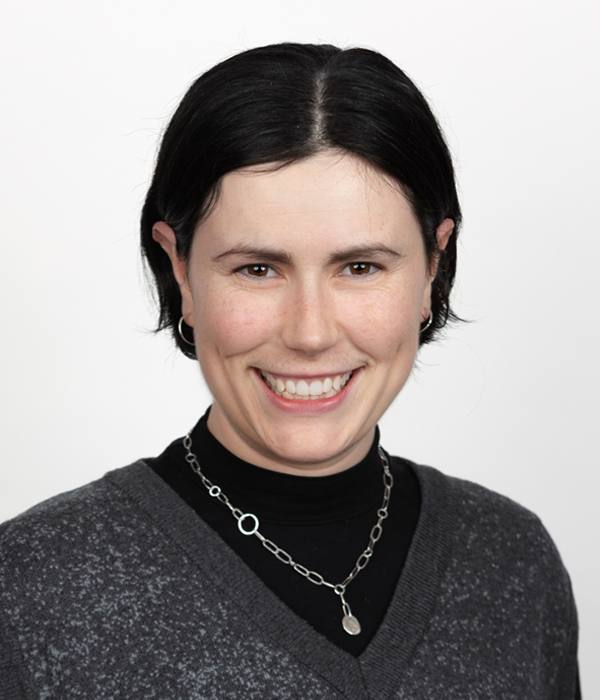
Chrissi Charles
Chrissi Charles is a vegetation ecologist with a focus in conservation, ecosystem management and ecosystem restoration. At EcoFutures, Chrissi has worked in projects involving conservation land management, flora surveys, ecological vegetation assessment and mapping, and biodiversity strategy development. <br><br>Since graduating from a Bachelor of Plant Ecology in 2017, Chrissi has worked across a wide variety of roles including as a researcher for the ABC’s Gardening Australia, as an ecological restoration practitioner at Merri Creek Management Committee, and as a research assistant contributing to vegetation assessments, monitoring and data compilation at Melbourne University. <br><br>Chrissi has a passion for engaging diverse communities with the natural world and has coordinated, collaborated, and facilitated several community engagement projects designed to increase people’s confidence and familiarity with Australian native ecosystems. This combination of experience has honed Chrissi’s skills in communication, field work, research, writing and community engagement. Chrissi is a current board member of the Society of Ecological Restoration Australasia.
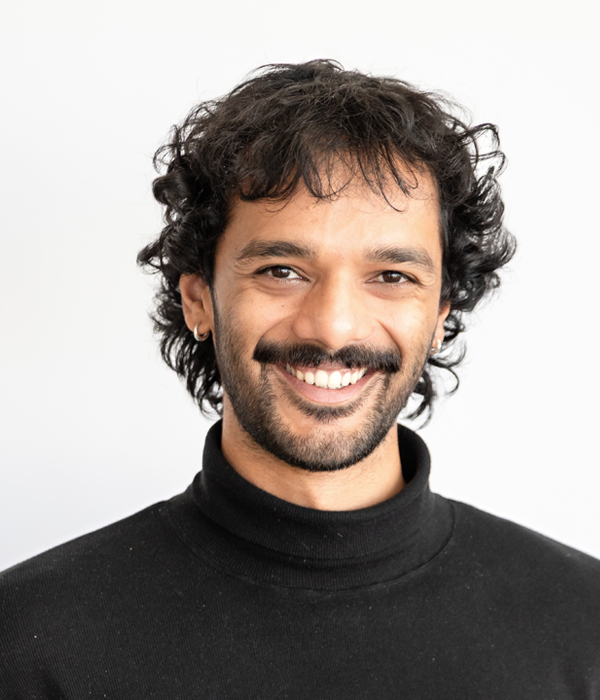
Rohan Khot
Rohan is an ecologist with six years’ experience in ecological consulting and restoration. He began his career in bush regeneration, working across a range of vegetation communities throughout greater Melbourne and the Mornington Peninsula. Since then, he has worked across south-eastern Australia and the South Pacific, gaining experience in plant identification, threatened species surveys, vegetation mapping and condition assessments, and ecological monitoring.<br><br>Rohan has contributed to a wide variety of projects at EcoFutures, including numerous vegetation assessments, biodiversity and conservation management plans, ecohydrology studies, and blue carbon assessments. He has a strong interest in community ecology and vegetation modelling – his Master’s research examined how the functional ecology of <em>Eucalypt</em> species influences their distribution in the Grampians–Gariwerd National Park.<br><br>Rohan brings a practical, science-based approach to ecological assessment and management. He enjoys collaborating with clients and colleagues to deliver evidence-based outcomes that support resilient and sustainable landscapes that also protect biodiversity values.

Ana Backstrom
Ana is a plant ecologist with over twenty years’ experience in the fields of biodiversity conservation and ecological restoration, working as an Ecological Consultant for 15 years. She has worked on projects for local and state government organisations, in addition to private industry and universities. <br><br>Ana has a proven track record of managing large-scale projects, while producing high quality ecological outcomes. She has undertaken and managed a range of botanical and conservation-based projects in terrestrial, riparian and floodplain ecosystems across Victoria. Her skills include leading ecological restoration projects, assessing and monitoring floristic communities, translocation of endangered plant species, and indigenous plant production and nursery management. She specialises in leading large field teams to execute flora surveys for biodiversity monitoring programs in remote locations.<br><br>Ana’s research interest is in novel ecosystems. She is currently completing a PhD investigating socio-ecological management benchmarks for novel ecosystems. The aim of this study is to identify key socio-ecological attributes that shape and define novel ecosystem management decisions, and to explore mechanisms and processes that facilitate or impede the development of effective management strategies for these highly modified systems.

Dr Howard Rogers
Howard is a terrestrial ecologist with extensive experience delivering ecological assessments and restoration ecology across Australia, the South Pacific and Southeast Asia. He specialises in the ecology, monitoring, management and restoration of forests, woodlands, and mangroves, with field experience across temperate, semi-arid, and tropical environments. Howard provides practical, evidence-based advice to help clients manage ecological impacts, achieve sustainable outcomes, and support effective ecosystem restoration by providing practical site-specific designs for multiple objectives, including biodiversity, site stabilisation and ecosystem services.<br><br>Howard brings a diverse skill set spanning baseline and impact ecological assessments, vegetation and habitat mapping, ecosystem health monitoring, forest dieback assessments and terrestrial groundwater-dependent ecosystems. His sector expertise includes projects for mining, oil, gas, forestry, and palm oil industries as well as local and state governments.<br><br>Outside of work, Howards is often training for ultra-endurance bikepacking events and sea kayak expeditions but otherwise relaxes managing his small family farm that includes a riparian restoration project.
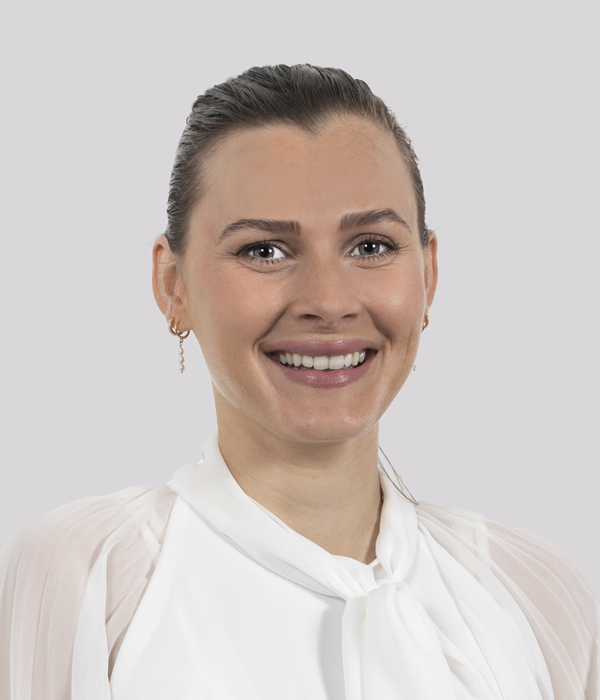
Charlotte Warfield
Charlotte is an environmental scientist and ecologist with seven years of experience in environmental consulting. Her industry background is in environmental science, with a strong interest in flora ecology, blue carbon assessments and auditing, ecological restoration, and climate adaptation. Charlotte has worked on a variety of projects, including large-scale fauna likelihood assessment projects for wetlands in Victoria, the development of the Regional Waterway Condition Method for Central Queensland, remote sensing, ecological masterplans, mangrove and seagrass assessment projects, lake management plans, vegetation management plans and native vegetation plans. <br><br>Charlotte has previously worked as a sessional academic at the University of the Sunshine Coast, teaching a wide range of environmental science courses, including coastal geomorphology, hydrology and geomorphology, soil science, statistical analysis, and earth processes.<br><br>With a passion for the environment, people, flora, waterways, and rehabilitation, Charlotte aims to apply an interdisciplinary approach to achieve the best outcomes for both people and the environment.
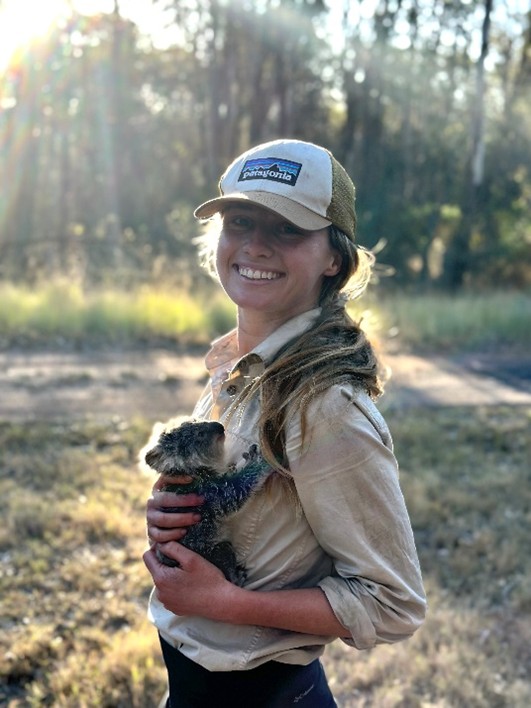
Lacey Hofweber
Lacey is a field and research ecologist with over eight years’ experience in ecological conservation with a focus on threatened species (flora and fauna), koala research and biodiversity assessment. Her experience spans diverse roles for environmental consultancies, universities, not-for-profits, and government agencies and sole-contracting. She leverages her expertise in botany and wildlife monitoring to understand the complex relationships between flora and fauna interactions. <br><br>Lacey's involvement with various research projects has informed state-wide management strategies for endangered flora and fauna species such as <em>Eucalyptus benthemii</em>, koalas, migratory shorebirds, in New South Wales and Victoria. Her work reflects a deep commitment to using science-based approaches to address conservation challenges and deliver meaningful outcomes for threatened species and their habitats.

Erin Thompson
Erin is a graduate ecologist with a strong background in ecology, botany, conservation, and spatial data analysis. She has a keen interest in native flora, which she has explored through volunteer work with the Queensland Herbarium, most notably by developing a new grass identification key for local farmers in 2023. <br><br>Erin has a strong interest in biodiversity and conservation management with a focus on using spatial software to contextualise and communicate environmental threats to clients and stakeholders, as well as to identify opportunities for ecological restoration. <br><br>Since joining EcoFutures, Erin has contributed to a variety of impactful projects, including a blue carbon assessment of the South Pacific, the development of multiple biodiversity and conservation strategies, pest management plans, coastal hazard assessment and adaptation plans, and comprehensive ecosystem surveys. She provides essential support to projects by conducting literature reviews, data collation and management, producing maps, and planning and organising logistically complex international fieldwork projects.